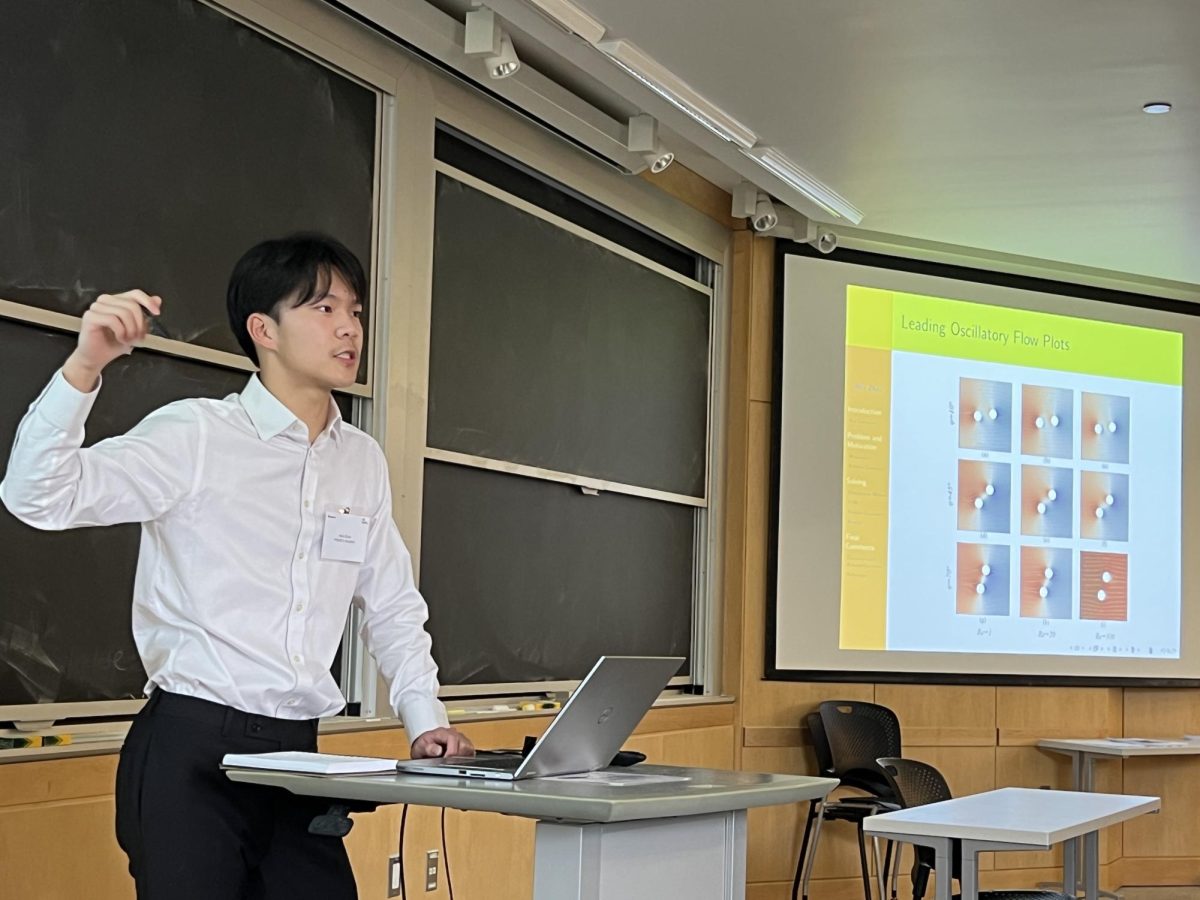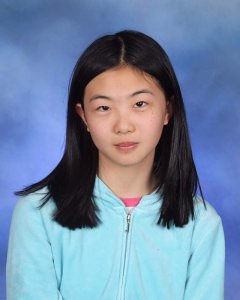That long weekend, right smack in the middle of October, was a blessing for seniors. Some took a much needed break, some furiously caught up on supplemental materials, and some spent it on a plane to Boston, headed straight for MIT. This was not a college visit. It was a research conference, hosted by the program PRIMES-USA.
PRIMES-USA is “a free, year-long program in mathematics open to high school juniors and sophomores.” Applications closed at the end of last November, and in January, three now-seniors were admitted: Alex Zhao, Michael Yang, and yours truly.
Acceptances rolled out around late January, whereupon our mentors contacted us, and our projects began. There were only a few deadlines: the five-page reading report due Pi Day (March 14), which was about what you learned while reading relevant articles or books on your topic; the interim research report due May 31, which was about what you’ve done; the conference, which happened October 14 and 15; and the final research paper, which was due at the end of the year.
Project directions are generally chosen by mentors and vary by person. Alex and I are both researching applied math, and Michael is researching pure math. Alex researched numerical model use in fluid dynamics, I’m looking at the prediction of influencers in social networks, and Michael is investigating the ranks of group circulant matrices (sound familiar, Linear Algebra students?).
The PRIMES conference was a chance for us to get a glimpse into each others’ projects (most PRIMES students do not, in fact, go to the same school and likely do not keep in regular contact). As mentioned, we left for Boston at various times on Friday. The presentations occurred both Saturday and Sunday, divided up by their broad research topic. As Alex put it, “it was also interesting to see the wide spread of things that people were working on. There were computer science talks on random stuff like neural networks, crypto, server/serverless systems, data networking/transmission, encoding/error correcting code, and there was also a series of computational bio talks … It’s surprising how much you can learn about somebody’s project in 15 minutes.” Each talk was 13 minutes long, but there was an opportunity to ask questions, so they averaged around a quarter hour each. It also helped that talks were sorted by section, giving you time to familiarize yourself with some of the more common definitions. Listening to the talks was extremely enlightening; while many of the foundational topics were the same, people took their research along very different paths, leading to a breadth of knowledge.
If you’re into math or computer science, I highly recommend that you apply. The PRIMES program is a unique opportunity for research, and it’ll help you dive into a topic of your interest under the guidance of a mentor who can teach you a lot, from tasks as difficult as writing papers to as simple as which keywords to try when seeking relevant publications on your topic. The application is due November 30 this year and consists of recommendation letters, a problem set, and a few background questions. For those interested in applying, see https://math.mit.edu/research/highschool/primes, or just search up “MIT PRIMES” — the first link that pops up is likely to be it.
Something important to note, though: the MIT-PRIMES program is for Bostonians, but the PRIMES-USA program is for students around the country, including Seattle. There isn’t much practical difference between these programs — they’re both colloquially referred to as PRIMES — but you definitely don’t want to mix up which one you’re applying to.
As for us, our immediate future likely holds a fair amount of juggling the college app regular decision round and final reports as we turn the corner into 2024 (just a bit of senior procrastination!). More long-term, I think we are all interested in pursuing science, particularly math, in college, due in large part to the amazing world of research that PRIMES has introduced us to.


